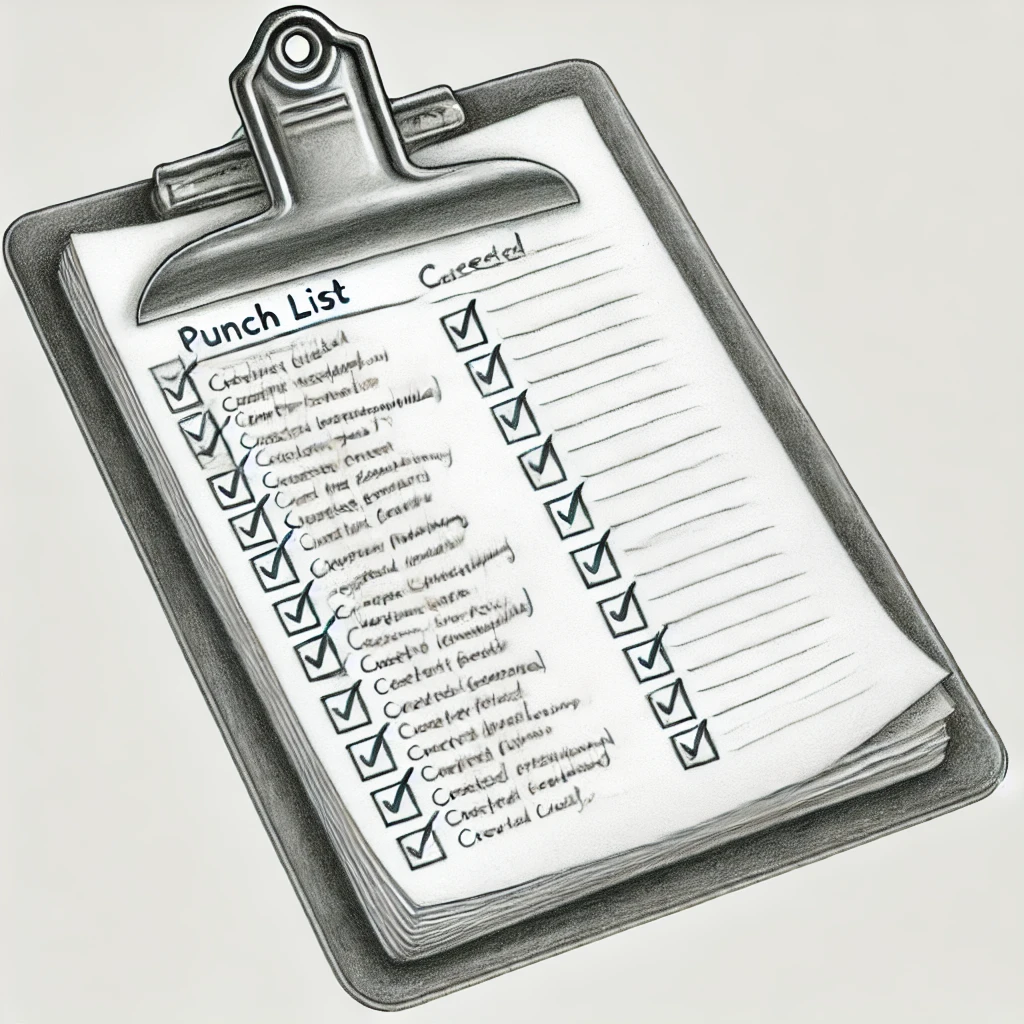The Role of General Contractors in Rebuilding or Repairing Your Home: A Comprehensive Guide

Rebuilding or repairing your home after a disaster is a complex and often overwhelming process. One of the most crucial decisions you'll make is whether to hire a general Contractor to manage the project. A general contractor plays a key role in coordinating all aspects of the construction, ensuring that the work is completed on time, within budget, and according to the required standards.
This detailed article explores the role of general contractors in the rebuilding or repair process, provides practical advice on selecting and working with a contractor, and includes specific examples and relevant web links for further reading.
What Is a General Contractor?
A general contractor (GC) is a professional responsible for overseeing and managing construction projects from start to finish. They act as the main point of contact between the homeowner and the various subcontractors, suppliers, and other professionals involved in the project. General contractors are typically hired for larger projects that require multiple trades and coordination, such as rebuilding or repairing a home after significant damage.
Responsibilities of a General Contractor
A general contractor's responsibilities are extensive and include the following key tasks:
1. Project Planning and Management
Scope of Work: The GC works with the homeowner to define the scope of the project, including the specific repairs or rebuilds needed. They help create a detailed plan that outlines the work to be done, the timeline, and the budget.
Budgeting: The GC prepares a detailed Estimate of the costs involved in the project, including labor, materials, permits, and any other expenses. They manage the budget throughout the project, making adjustments as necessary.
Scheduling: The GC develops a Project Schedule that coordinates the work of various subcontractors, ensuring that the project progresses smoothly and meets deadlines.
2. Hiring and Managing Subcontractors
Subcontractor Coordination: The GC hires and manages subcontractors, such as electricians, plumbers, carpenters, and painters, who perform specialized tasks within the project. The GC ensures that each subcontractor completes their work to the required standards and within the agreed timeframe.
Quality Control: The GC monitors the work of subcontractors to ensure it meets building codes, safety standards, and the homeowner’s expectations. They address any issues or deficiencies promptly.

3. Procurement of Materials and Permits
Material Procurement: The GC is responsible for sourcing and purchasing the necessary materials for the project, ensuring they are delivered on time and within budget.
Permits and Inspections: The GC obtains all required building permits and coordinates inspections with local authorities. They ensure that the project complies with all applicable building codes and regulations.
4. Communication and Problem-Solving
Primary Point of Contact: The GC serves as the main point of contact for the homeowner, keeping them informed about the project's progress, any challenges that arise, and any decisions that need to be made.
Problem-Solving: The GC is responsible for addressing any issues that arise during the project, such as unexpected structural problems, delays, or changes in the scope of work.
5. Finalization and Handover
Project Completion: Once the project is completed, the GC conducts a final walk-through with the homeowner to ensure all work has been completed to satisfaction. They address any remaining issues and provide necessary documentation, such as warranties or lien waivers.
Handover: The GC hands over the completed project to the homeowner, ensuring that all aspects of the home are fully functional and ready for use.
When to Hire a General Contractor
While some homeowners may consider managing a rebuilding or repair project on their own, hiring a general contractor is often the best choice for larger, more complex projects. Consider hiring a GC if:
The Project Involves Multiple Trades: If your project requires coordination between several different trades (e.g., Plumbing, electrical, roofing), a GC can manage these interactions effectively.
The Project is Large or Complex: For significant rebuilds or repairs, a GC’s expertise in project management, scheduling, and quality control can be invaluable.
You Have Limited Experience: If you are not experienced in construction or project management, a GC can help ensure that the project is completed correctly, safely, and on time.
Time Constraints: If you need the project completed quickly, a GC can streamline the process, avoiding common delays and ensuring timely completion.
Working Effectively with Your General Contractor
Once you’ve hired a general contractor, establishing a strong working relationship is key to the success of your project. Here are some tips for working effectively with your GC:

1. Maintain Clear Communication
Regular Updates: Set up regular meetings or check-ins with the GC to discuss the project’s progress, any issues that arise, and upcoming decisions that need to be made.
Document Changes: If any changes to the scope of work are required, ensure they are documented in writing, including any adjustments to the budget or timeline.
2. Monitor Progress
Stay Informed: While the GC manages the day-to-day operations, stay informed about the project’s progress. Visit the site regularly if possible, and ask questions about the work being done.
Address Issues Promptly: If you notice any issues or have concerns about the work, address them with the GC immediately to avoid delays or further complications.
3. Manage Payments and Budget
Adhere to the Payment Schedule: Make payments according to the agreed-upon schedule in the contract. Avoid making large payments upfront, and ensure that work is completed to your satisfaction before making final payments.
Track Expenses: Keep a record of all payments, invoices, and receipts related to the project. This will help you stay within budget and provide documentation if any disputes arise.
Loti can help:
As part of our service, we provide smart accounting tools that help you manage the associated Estimates, Invoices and Receipts as you move through your project with your contractor. We even provide you the status of each and which should be paid next.
4. Prepare for Inspections and Final Walk-Through
Coordinate Inspections: Work with the GC to ensure that all required inspections are completed at the appropriate stages of the project. Address any issues identified by inspectors promptly.
Conduct a Final Walk-Through: Before making the final payment, conduct a detailed walk-through with the GC to ensure that all work has been completed to your satisfaction. Create a Punch List of any remaining tasks or corrections needed.
Common Pitfalls and How to Avoid Them
Rebuilding or repairing your home is a significant investment, and it’s important to avoid common pitfalls that can derail your project:
1. Underestimating Costs
Advice: Work with your GC to create a realistic budget that includes a contingency fund for unexpected expenses. Be wary of bids that seem too low, as they may lead to cost overruns.
2. Skipping Permits
Advice: Ensure that all necessary permits are obtained before work begins. Your GC should handle this process, but verify that it has been completed to avoid potential fines or issues with future sales.
3. Lack of a Clear Contract
Advice: Insist on a detailed, written contract that outlines all aspects of the project. Review the contract carefully before signing and ensure that both parties agree on all terms.
4. Poor Communication
Advice: Establish clear lines of communication with your GC from the start. Regular updates and open communication can prevent misunderstandings and keep the project on track.
Wrap-Up
Hiring a general contractor is a critical step in successfully rebuilding or repairing your home after a disaster. A skilled and reliable GC can manage the complexities of the project, coordinate subcontractors, and ensure that your home is restored to its former glory—or even better.
By choosing the right contractor, maintaining clear communication, and staying involved in the process, you can achieve a successful outcome and avoid many common pitfalls.